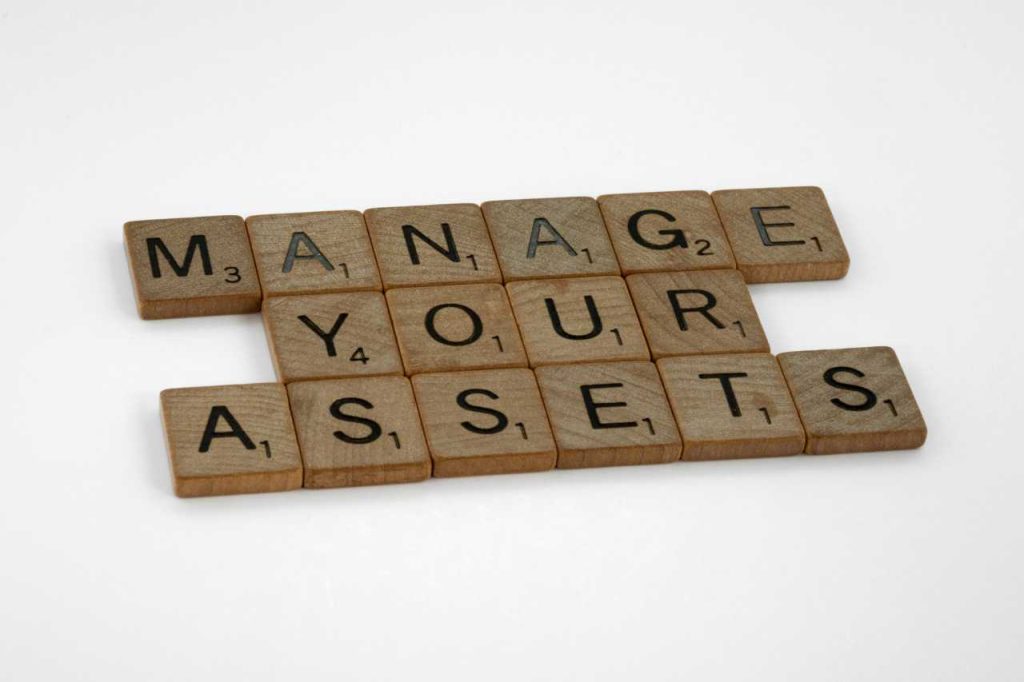Time management is one of the most essential skills you can develop to lead a more productive and fulfilling life. In today’s fast-paced world, effectively managing your time can help you reduce stress, accomplish your goals, and maintain a healthy work-life balance. This blog post is part of the “Make Life Easier” series, where we explore practical strategies to simplify your daily life.
In this article, we’ll discuss actionable tips and techniques to help you manage your time more effectively, allowing you to focus on what truly matters.

1. Set Clear Goals
Before you can manage your time effectively, you need to understand what you want to achieve. Setting clear, achievable goals provides direction and purpose, making it easier to prioritize your tasks. Here’s how to set effective goals:
- Use the SMART criteria: Ensure your goals are Specific, Measurable, Achievable, Relevant, and Time-bound.
- Write down your goals: Documenting your goals increases accountability and helps you track your progress.
- Break goals into smaller tasks: Divide larger goals into smaller, manageable tasks to avoid feeling overwhelmed.
By setting clear goals, you create a roadmap that guides your time management efforts.
2. Prioritize Your Tasks
Not all tasks are created equal; some are more important than others. Prioritizing your tasks helps you focus on what matters most and ensures you’re using your time effectively. To prioritize your tasks:
- Use the Eisenhower Matrix: This tool categorizes tasks based on urgency and importance, helping you identify what to focus on first.
- Quadrant 1: Urgent and Important (do these tasks first)
- Quadrant 2: Important but Not Urgent (schedule these tasks)
- Quadrant 3: Urgent but Not Important (delegate if possible)
- Quadrant 4: Not Urgent and Not Important (eliminate or postpone)
- Create a daily to-do list: List your tasks in order of priority each day to keep yourself organized and focused.
By prioritizing effectively, you can allocate your time to the tasks that will have the most significant impact on your goals.
3. Use a Calendar or Planner

A calendar or planner is an invaluable tool for time management. It helps you visualize your schedule, deadlines, and commitments, making it easier to plan your days. Here’s how to use a calendar or planner effectively:
- Choose a format that works for you: Whether it’s a digital app, a physical planner, or a wall calendar, find a format that suits your lifestyle.
- Schedule time for tasks: Block out time for specific tasks and appointments, treating them as unmissable commitments.
- Review and adjust regularly: Regularly review your calendar to ensure you’re staying on track and make adjustments as necessary.
Using a calendar or planner can help you maintain a clear overview of your time commitments, reducing stress and improving productivity.
4. Establish Routines
Creating daily routines can help you streamline your tasks and improve your time management. Routines provide structure and predictability, making it easier to stay focused and organized. Here are some tips for establishing effective routines:
- Morning routine: Start your day with a consistent morning routine that prepares you mentally and physically for the day ahead.
- Evening routine: Wind down with an evening routine that helps you reflect on your day and plan for tomorrow.
- Weekly review: Set aside time each week to review your goals, assess your progress, and adjust your plans as needed.
By establishing routines, you can automate certain tasks, freeing up mental energy for more critical activities.
5. Learn to Say No
Overcommitting can lead to stress and overwhelm, making it difficult to manage your time effectively. Learning to say no is crucial for maintaining control over your schedule. Here’s how to do it:
- Evaluate your priorities: Before agreeing to new commitments, assess whether they align with your goals and priorities.
- Be honest and assertive: Politely decline requests that don’t serve your objectives, and communicate your reasons if necessary.
- Practice self-care: Remember that it’s okay to prioritize your well-being and not take on more than you can handle.
By learning to say no, you can protect your time and ensure you’re focusing on the activities that matter most.
6. Minimize Distractions

Distractions can severely impact your ability to manage time effectively. Identifying and minimizing distractions can help you stay focused and productive. Here are some strategies to reduce distractions:
- Create a dedicated workspace: Designate a specific area for work that is free from distractions and interruptions.
- Limit digital distractions: Turn off notifications on your phone and computer during focused work sessions.
- Set boundaries: Communicate with those around you about your need for uninterrupted work time.
By minimizing distractions, you can enhance your focus and make better use of your time.
7. Take Breaks
While it may seem counterintuitive, taking regular breaks can improve your productivity and time management. Breaks help recharge your mind and prevent burnout. Here’s how to incorporate breaks effectively:
- Use the Pomodoro Technique: Work for 25 minutes, then take a 5-minute break. After four cycles, take a longer break (15-30 minutes).
- Schedule breaks in your calendar: Treat breaks as essential appointments to ensure you take them consistently.
- Engage in relaxing activities: Use breaks to do something enjoyable or relaxing, such as stretching, going for a walk, or practicing mindfulness.
By taking regular breaks, you can maintain your energy levels and enhance your overall productivity.
8. Reflect and Adjust
Effective time management is an ongoing process that requires regular reflection and adjustment. Here’s how to assess your time management strategies:
- Keep a time log: Track how you spend your time for a week to identify patterns and areas for improvement.
- Reflect on your goals: Regularly assess your progress toward your goals and adjust your strategies as needed.
- Be flexible: Understand that unexpected events may arise, and be willing to adapt your schedule accordingly.
By regularly reflecting on your time management practices, you can continuously improve your approach and ensure you’re using your time wisely.
9. Seek Support and Resources
Don’t hesitate to seek support and resources to enhance your time management skills. This can include:
- Books and articles: Read books and articles on time management strategies to learn new techniques and approaches.
- Workshops and courses: Consider attending workshops or courses focused on time management and productivity.
- Accountability partners: Find a friend or colleague who shares similar goals and can help keep you accountable.
By seeking support and utilizing available resources, you can strengthen your time management skills and make life easier.
Conclusion
Managing your time effectively is essential for achieving your goals and living a balanced life. By implementing these nine strategies, you can enhance your productivity, reduce stress, and make the most of each day. Remember that time management is a skill that takes practice, so be patient with yourself as you develop new habits.
Start by setting clear goals, prioritizing your tasks, and creating a structured routine. As you work on managing your time, you’ll find that life becomes easier, more organized, and ultimately more fulfilling.

